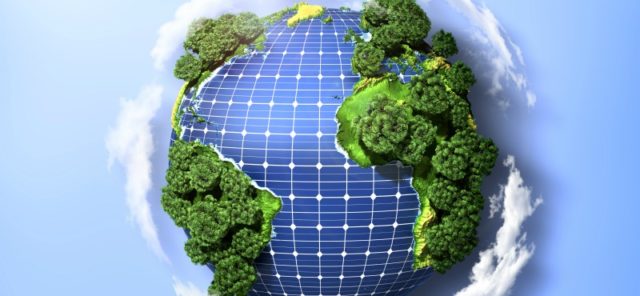Through a report entitled “Global Humanitarian Overview” it was known that next year, some 168 million people will need emergency assistance worldwide.

They will wonder why? According to the United Nations Organization (UN), they need almost $ 29 billion to help an unprecedented number of people affected by climate change and the multiplication of long-term conflicts.
They argue that conflicts are becoming more prolonged and intense throughout the world. Here floods and droughts are added to climate change.
Countries that are a priority

Yemen and Syria continue to be the countries that most require assistance and to which the UN plans to allocate more than 3 billion dollars.
Another country is Venezuela, where, according to the UN, humanitarian needs have increased. At the end of 2018, the call of the United Nations for 2019 was estimated at 740 million dollars to serve Venezuela and neighboring countries, which host Venezuelan refugees.
Costa Rica can suffer serious damage…

For specialists the year 2018 and 2019 the environmental issue has been of high conflict and debate in the Central American country, which has evidenced – the lack of clear tools to decide the place it has in the national development agenda – all this has affected a greater growth in production due to the absence of protection to them.
Costa Rica is said to maintain environmental debts, which have been – evident -, due to access and protection of water sources, pineapple expansion and overexploitation of fishery resources.
What has generated more discomfort among protectors, environmental fighters is the decision of the National Environmental Technical Secretariat (Setena) to maintain the environmental viability of a planting project of almost 500 hectares of pineapple near the Sierpe National Wetland Wetland (HNTS).
According to the Ministry of Environment and Energy (Minae), Setena still maintains a precautionary measure that prevents the moment the start of the Pindeco agribusiness project, this case of progress of the pineapple expansion.
The unstoppable advance of pineapple cultivation is another major cause of the danger of Costa Rica, which affects pollution with agrochemicals.
Among others, the proliferation of hydroelectric plants, although in July 2019, Minae rejected the request for a declaration of national convenience that Grupo H Solís-GHS S.A. processed for the San Rafael hydroelectric project (PH).
The Government of Costa Rica has also received strong criticism, allegedly for the legalization of wells built outside the law.
In this regard, President Carlos Alvarado, in a year and a half of his term, asked his cabinet to question, what has been his main contribution to the country, and also to ask himself what he has done so far which is the legacy they intend to leave to the country, where they come from and where it goes

